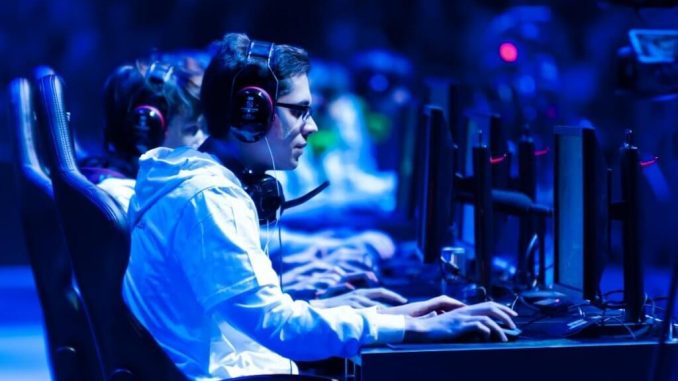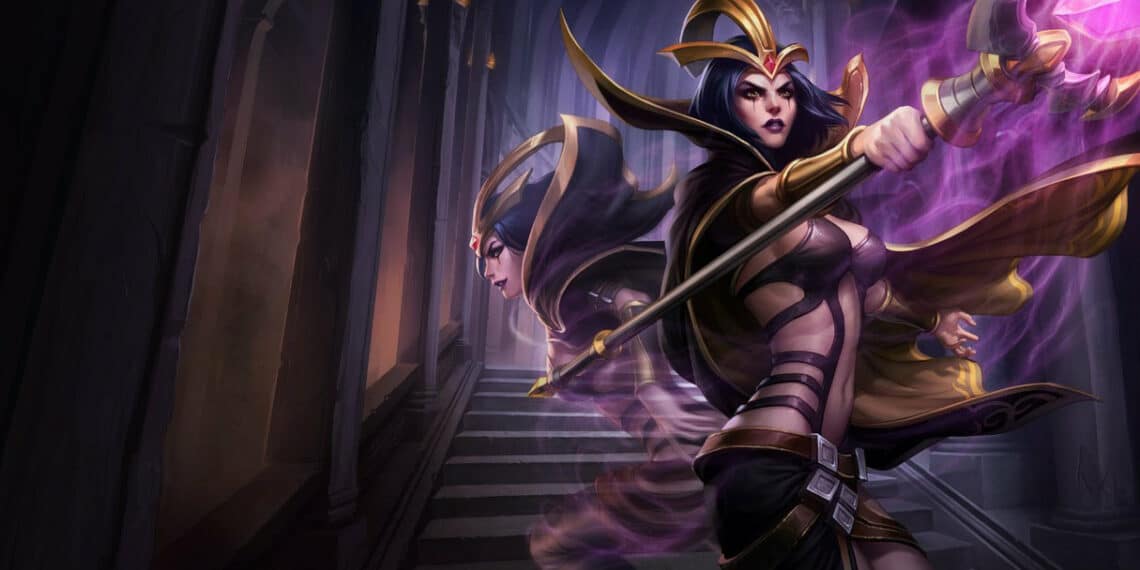
The Esports has grown to be an international sphere of the gaming industry with a variety of job opportunities. Aside from the drive to compete in gaming, competitive esports RO8 drives demand for all types of business skills and has fueled rapid growth as well as a higher degree of mainstream recognition.

- Professional Players – Currently representing the elite of esports, these players are featured in top competitions involving various games. They spend hundreds to thousands of hours mastering game mechanics, strategies and team play. Competitive players benefit from prize money, sponsorships to pay for their costs in attending events; and streamers receive payments from streaming revenue. Successful competitive gamers are considered celebrities within the community.
- Coaches and Analysts: Coached by coaches, trained for improvement by analysts – they are the ones who sit behind a successful team in esports. They help to develop gameplay, adapt to opponents and evolve within prescribed technical training.
- Shoutcasters and Commentators: Shoutcasters are the equivalent of commentators in esports, offering live coverage or analysis during matches to entertain viewers as they watch an electronically-presented game play out. Their background in games knowledge, storytelling and real-time analysis help to inject added excitement and context into matches as such they are a vital element across esports broadcasts.
- Content Creators & Streamers: Content creators and streamers are the lifeblood of esports communities. They create gameplay videos, tutorials and even more fun content on sites like Twitch and YouTube that pull in followers so they can monetize their channel with subscriptions, donations, sponsors etc.
- Esports Journalism and Media: Journalists are media professionals who write about the genre on current esports news, interviews with players in different titles or competitive modes like League of Legends as well industry changes.
- 6. Marketing : Esports organizations and game publishers need marketers to get the word out about new tournaments or gaming products, land sponsors who want to reach gamer audiences or broker partnerships with brands trying to connect.
- Game Developers and Publishers: Game developers and publishers are responsible for creating, updating games with new features, balancing mechanics or responding to feedback from players if necessary so that the game remains competitive in terms of fairness and longevity.
With esports accelerating and spreading across the globe, career paths in this fast-paced industry are poised to expand RO8 thousands of places for individuals who aspire into professionally directed passions that will shape what professional gaming becomes.
